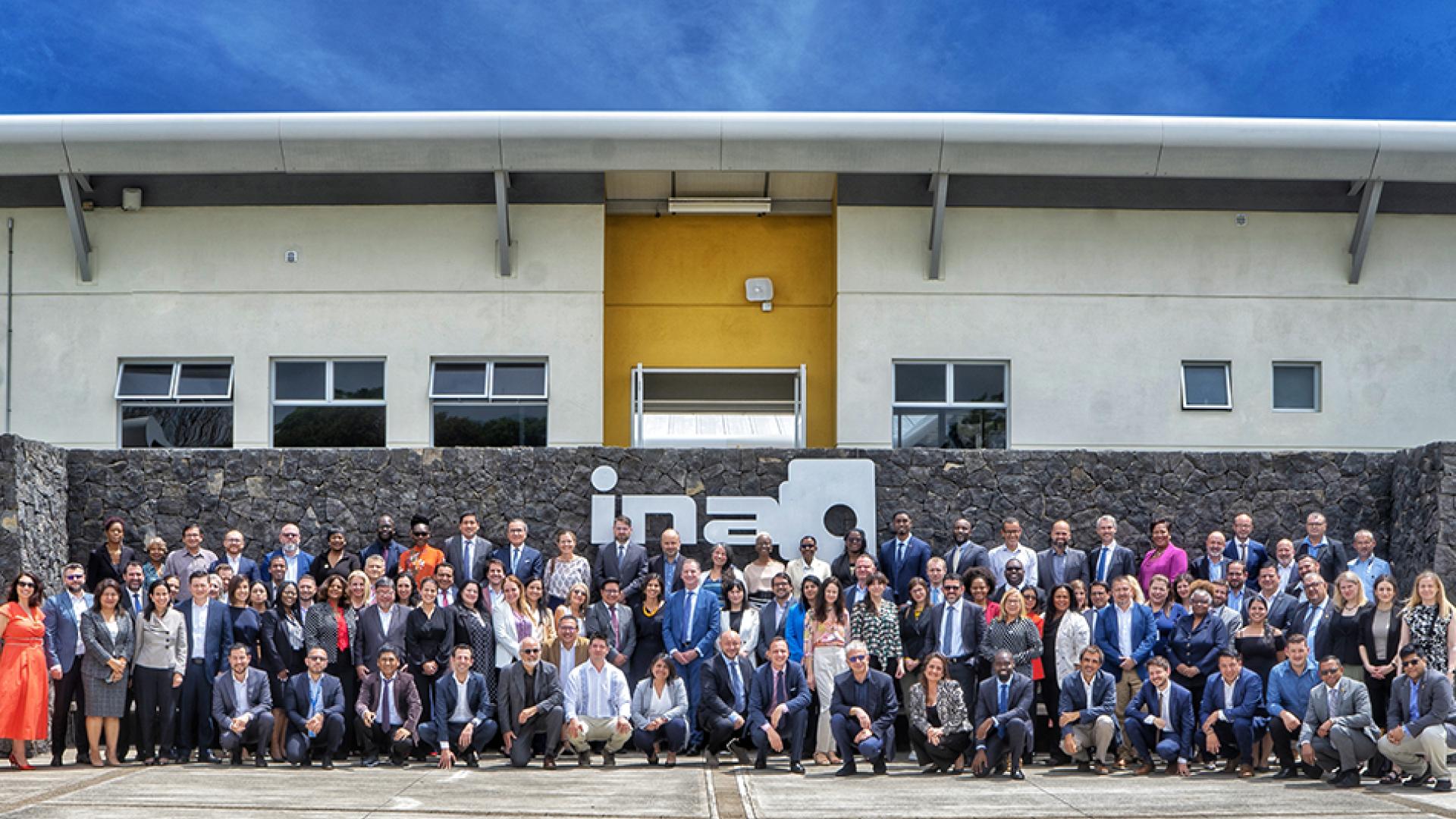Noticias
The liberalization of telecommunications markets in the late 1990s and early 2000s marked the emergence of many Caribbean countries from an era of monopoly control over the networks supporting fixed and mobile telephone services, broadband Internet, and cable television. An environment of regulated competition in the years that have followed has contributed to far lower costs for telecommunications services than what came before, and has contributed to broad increases in the number of Caribbean citizens who are using the Internet.
However, recent years have seen a consolidation among companies offering telecommunications serviced in the region, and this has the potential to erode the benefits enabled by the forces of market competition. The recent acquisition of Columbus International, which provided services under the FLOW brand name, by Cable & Wireless – operator of the LIME brand – represents the consolidation of two of the top three telecommunications providers operating in Caribbean markets. As part of the merger, Cable & Wireless has not only acquired Columbus’ retail and commercial broadband operations in seven Caribbean countries, but has also gained control of Columbus’ extensive network of undersea cables.
This merger is part of a trend in recent years that has seen small telecommunications operators in Caribbean countries merged into larger regional companies, and may well see regional companies further merged into larger, global companies. Consider, for example, the case of Columbus Communications, which in 2013 purchased the Karib Cable Network, with operations in Antigua, Barbados, Saint Lucia, and Saint Vincent and the Grenadines, having also acquired in 2012 TeleBarbados and Tele-St. Lucia. Columbus has also recently made acquisitions in El Salvador and Honduras. These companies have all been aggregated under the ownership of Cable & Wireless, which has itself now been acquired by Liberty Global, a broadband and cable company with operations in 14 countries, primarily in Europe. The Cable & Wireless experience is typical in this dynamic industry.
Digicel, the Caribbean’s other major multi-national telecommunications provider, has also been active in the acquisition of small cable, telephone, and broadband companies. In recent years, Digicel has acquired Jamaica’s Telstar Cable, Dominica’s SAT Telecommunications, Bermuda’s BTC, TCI Broadcasting in the Turks and Caicos, and the Caribbean Cable Network, with operations in Anguilla, Nevis, and Montserrat. Digicel’s focus on acquisition of cable and fixed-broadband assets is indicative of the company’s strategic expansion into market offerings beyond its traditional presence in the mobile services sector. However, Digicel’s rapid expansion has also significantly increased its debt exposure. The company may thus find itself challenged to finance further growth following the recent withdrawal of a planned stock offering. Digicel may therefore find itself ripe for acquisition by a larger company.
In the coming years, it appears likely that telecommunications in the Caribbean will be dominated by two major players – whether Digicel and Liberty Global or their corporate successors – competing head-to-head in both mobile and fixed broadband service across a number of national markets. Furthermore, we should anticipate that several countries will continue to host operators that remain, at least in some portion, state-owned. These include operators in Antigua and Barbuda, Aruba, the Bahamas, Belize, Curacao, Guyana, Suriname, and Trinidad and Tobago.
The few small, independent telecommunications companies that remain will find themselves increasingly challenged to operate in such an environment. To survive, they will depend on the ability of regulators to ensure protection from potentially anti-competitive behaviour on the part of larger actors. Moreover, there may be need for special regulatory attention in cases where market forces alone are not sufficient to ensure that consumers have access to high quality telecommunications services at a reasonable cost.


